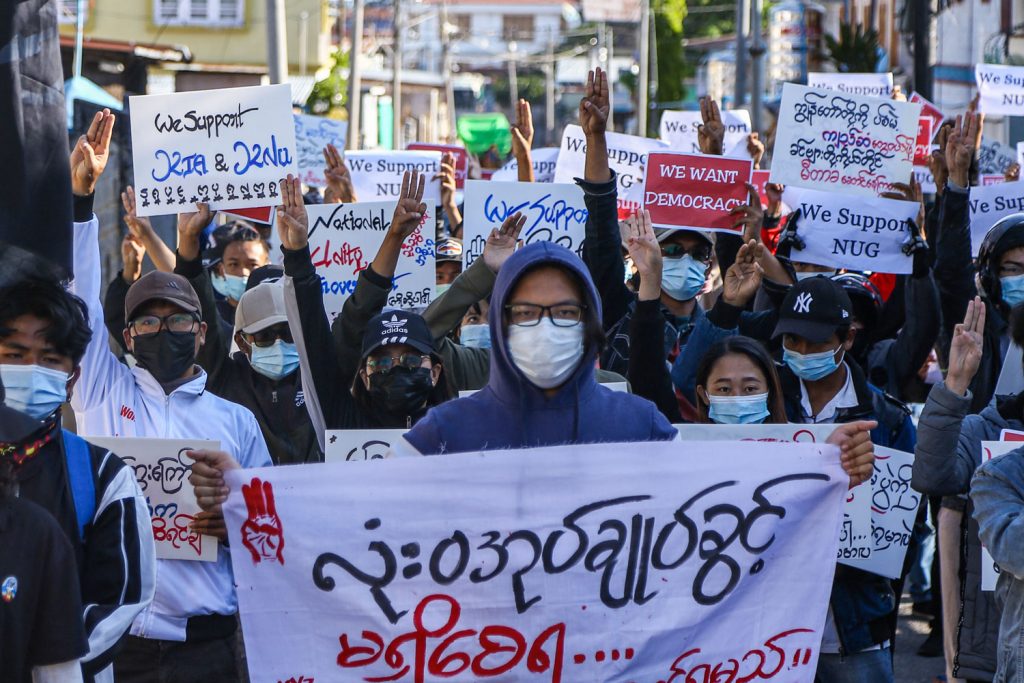What Matters No. 60
(This article is a translation of the original Burmese language version that ISP-Myanmar posted on its Facebook page on November 16, 2021.)

After the military staged a coup d’état on February 1, 2021, more than 10,143 people have been arrested nationwide as of November 13. Among these, 7,251 are still in custody. Top National League for Democracy government leaders, Hluttaw representatives, members of the Union Election Commission, and NLD party members were among those arrested, including students and civilians who took part in the mass movement against the military dictatorship, staff who joined the civil disobedience movement and supporters of CDM, and the journalists. Section 505A of the Penal Code is widely used as the charge for the detained and those who have warrants issued against them.
In the aftermath of the military coup, political detainees and other prisoners held in various prisons across the country have been pardoned and released on amnesty on February 12, April 17, June 30 and October 18. However, there have been cases where some released detainees were re-arrested under new charges when they returned home. At least 100 people have been recaptured since their release, according to the Assistance Association for Political Prisoners (AAPP).
Why does it matter?
Looking at the number of people arrested and imprisoned since the February coup shows the SAC’s use of the pillars of justice to suppress its opponents. Studying the civilian fatalities caused by the SAC’s violent repression of protestors offers a way to assess whether or not Myanmar’s armed forces are violating human rights. Records of deaths of protestors are useful for researchers, human rights activists, and political actors to examine the SAC’s human rights violations from a transitional justice perspective.
Other relevant readings:
The Assistance Association for Political Prisoners (AAPP) collects detailed information about the protestors targeted for violence by state security forces. Since the coup, AAPP has recorded the number of protestors killed by state security forces, the cause of their deaths, and the other responses by the state to anti-coup protests and collected evidence of human rights and human dignity violations by government officials. Daily logs kept by AAPP are available on its website and Facebook page. AAPP accepts information about rights violations and detainees (including those not yet listed). This article draws on data collected by AAPP. The actual number of human rights abuses is higher.

